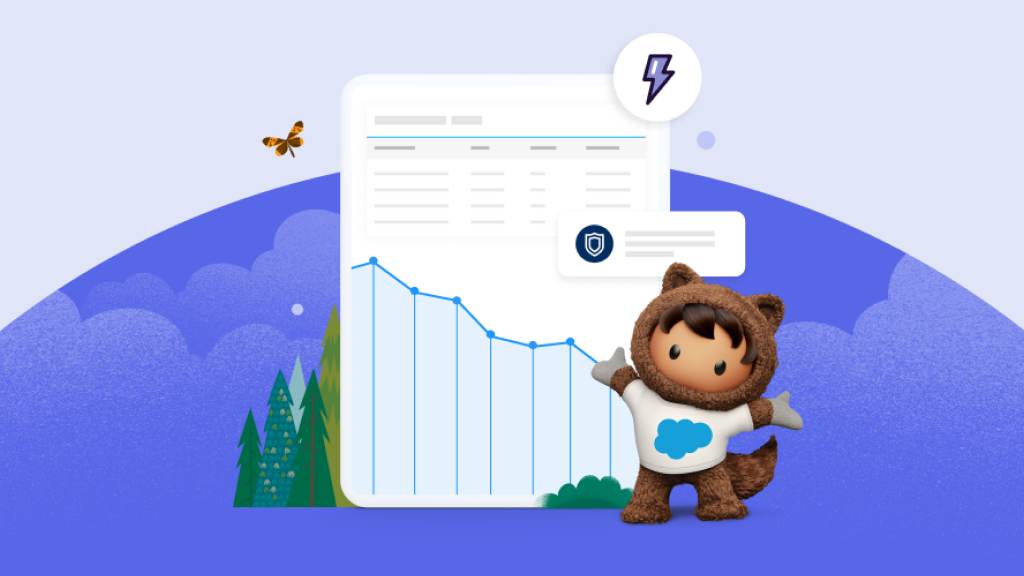The digital age has revolutionized the way we communicate, connect, and, most importantly, instigate change. In the realm of social activism and advocacy, the mobile app has emerged as a powerful tool, enabling individuals and organizations to mobilize support, raise awareness, and drive meaningful impact. Gone are the days of solely relying on traditional methods; today, a well-crafted mobile app can be the catalyst for social transformation.
Democratizing Activism:
One of the most significant impacts of mobile apps is their ability to democratize activism. They break down geographical barriers, allowing individuals from all walks of life to participate in movements and initiatives. Whether it’s signing a petition, donating to a cause, or joining a virtual protest, mobile apps provide accessible platforms for engagement. This accessibility is particularly crucial for reaching marginalized communities and amplifying their voices.
Key Features Driving Social Change:
- Information Dissemination: Apps can quickly spread crucial information about social issues, policy changes, and upcoming events. Push notifications and in-app updates ensure that users stay informed and engaged.
- Community Building: Mobile apps create virtual communities where like-minded individuals can connect, share ideas, and collaborate on initiatives. Forums, chat features, and social media integration foster a sense of belonging and collective action.
- Fundraising and Donation: Secure payment gateways within apps simplify the process of fundraising and donations. This allows organizations to quickly raise funds for their campaigns and projects.
- Data Collection and Visualization: Apps can collect valuable data about social issues, which can then be visualized and used to inform advocacy efforts. This data-driven approach strengthens arguments and demonstrates the need for change.
- Real-time Reporting and Verification: Apps enable citizens to report incidents of injustice or inequality in real-time, often with photo and video evidence. This empowers individuals to hold authorities accountable and ensures that information is verified.
The Role of Mobile App Development:
The success of a social change app hinges on its design, functionality, and user experience. This is where the expertise of a reputable mobile app development company in New York becomes indispensable. A skilled app development company in New York can help organizations:
- Develop user-friendly interfaces that are accessible to diverse audiences.
- Integrate secure payment gateways for seamless donations.
- Implement data analytics to track user engagement and measure impact.
- Ensure cross-platform compatibility for maximum reach.
- Hire a competent mobile app developer in New York or app developer in New York to ensure the app is built to the highest standard.
A dedicated mobile app developer in New York will understand the nuances of creating an app that not only functions flawlessly but also resonates with the target audience. They can create a platform that is both powerful and intuitive, maximizing its potential for social impact.
Examples of Impact:
- Apps that facilitate citizen journalism, allowing individuals to report on human rights violations and environmental issues.
- Platforms that connect volunteers with organizations in need, streamlining the process of community service.
- Apps that provide educational resources and support for marginalized communities.
- Apps that allow for secure and quick donations to emergency relief efforts.
Looking Ahead:
As technology continues to evolve, mobile apps will play an increasingly vital role in social change. With the rise of AI, augmented reality, and other emerging technologies, the possibilities for innovation are endless. By partnering with a skilled mobile app development company in New York, organizations can leverage the power of mobile technology to create a more just and equitable world.
In conclusion, the mobile app is not just a tool; it’s a catalyst for change. By harnessing its power, we can empower individuals, mobilize communities, and create a more just and equitable world for all.




